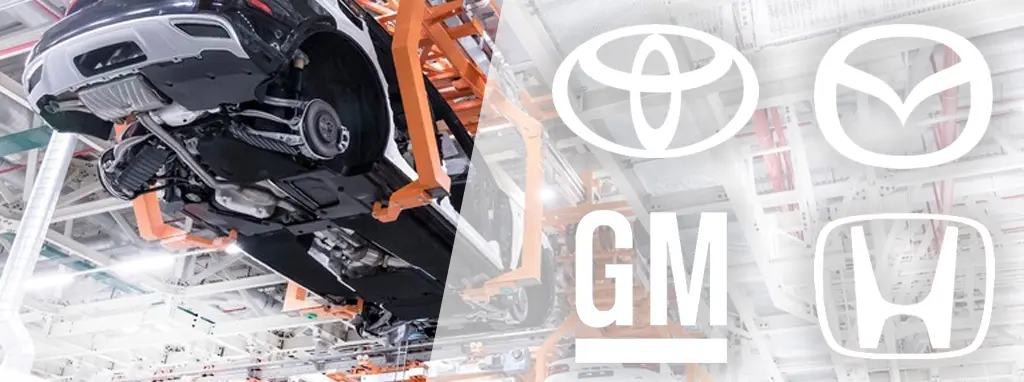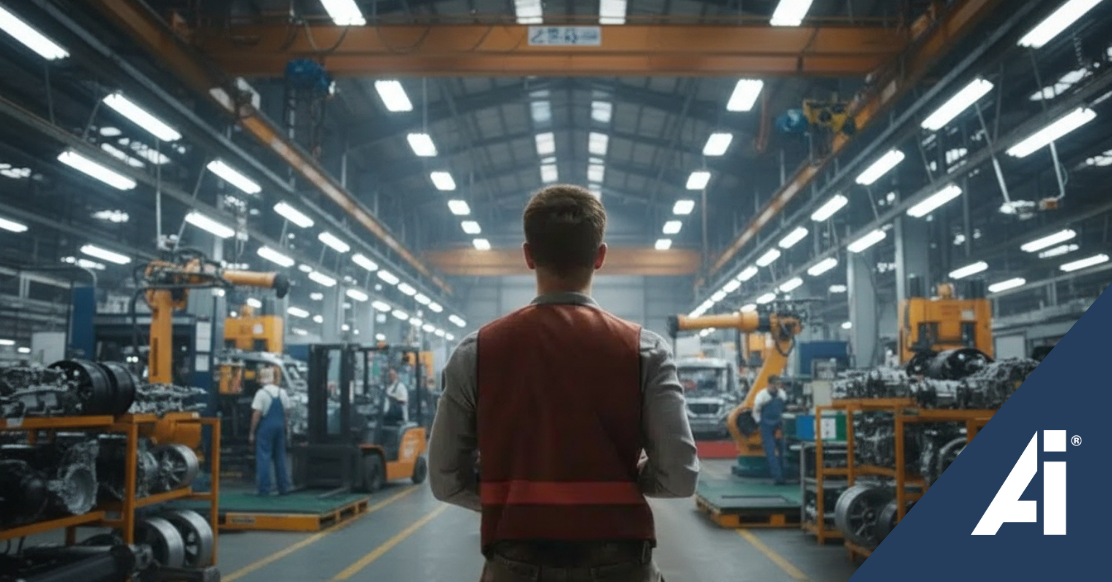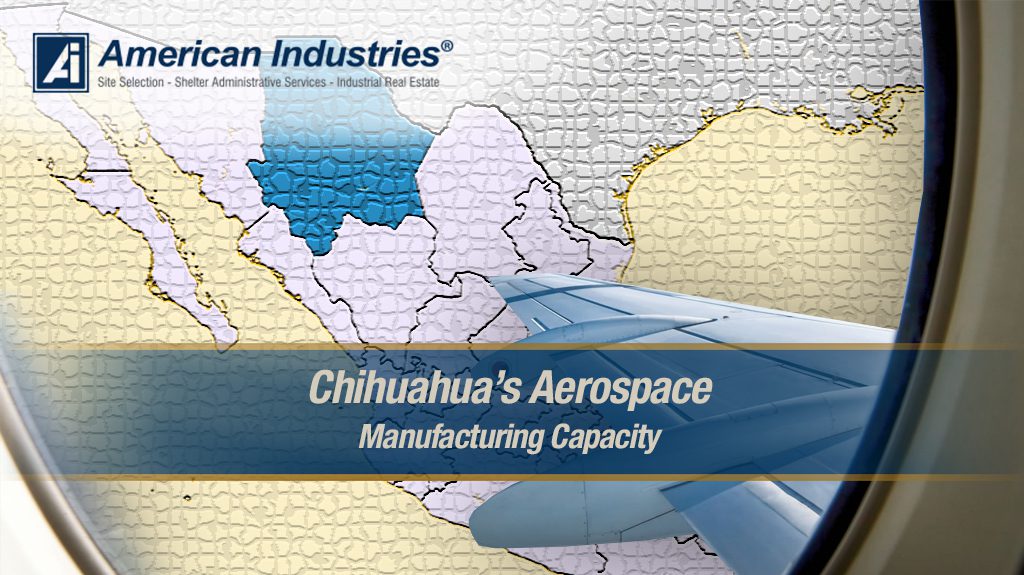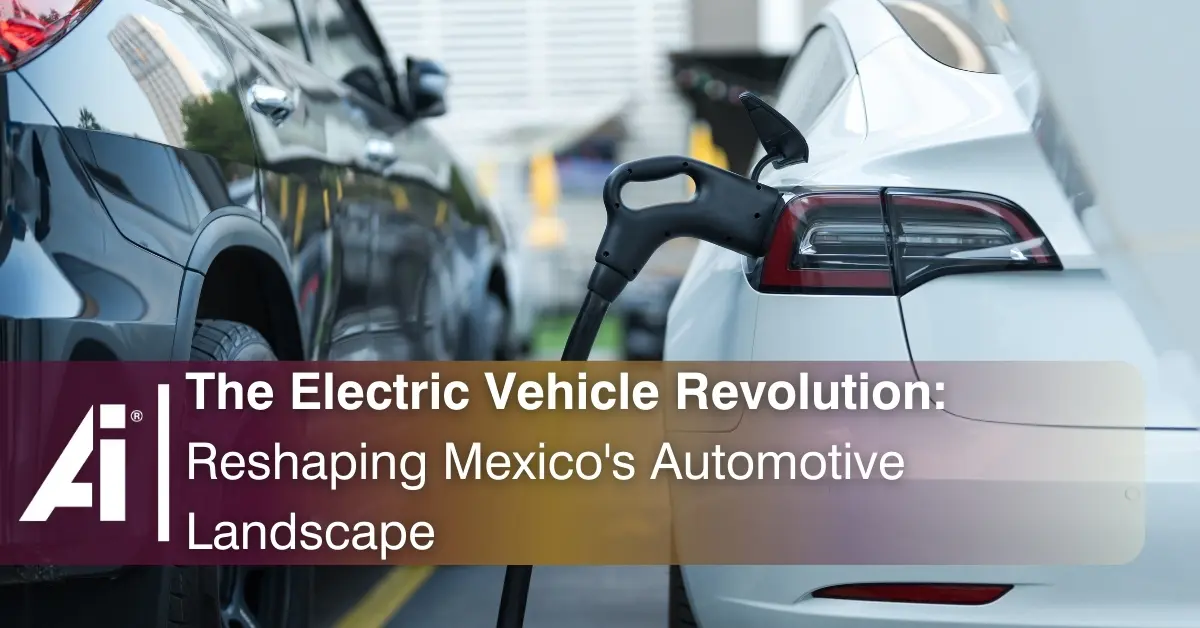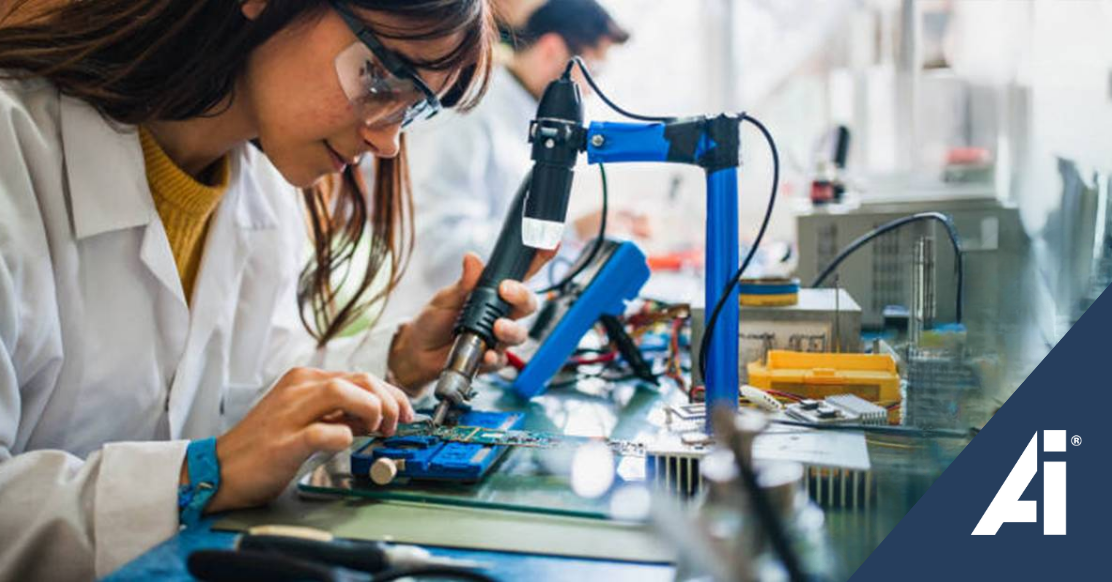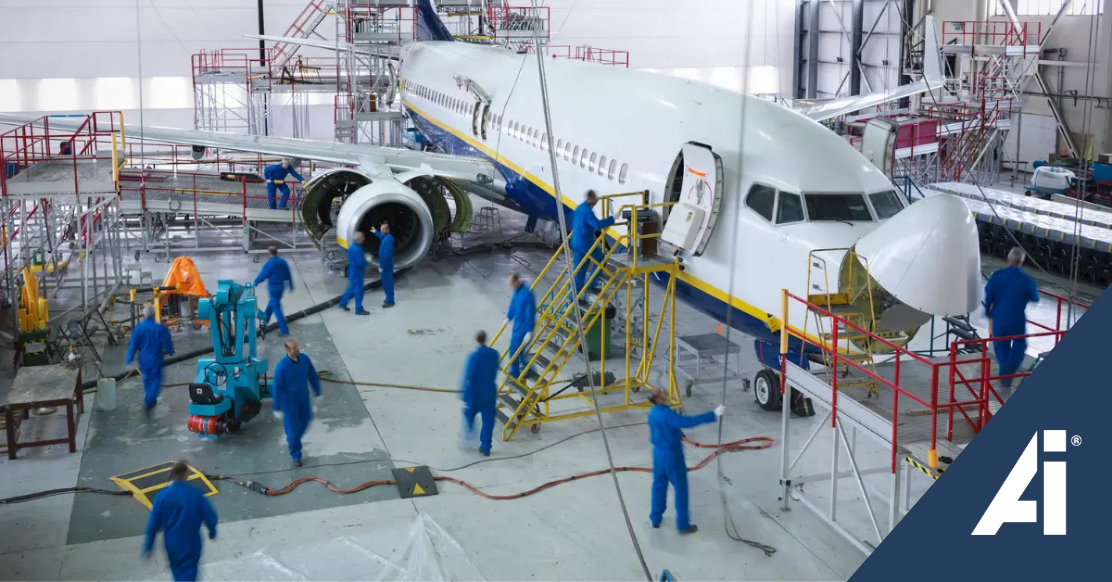Mexican Automotive and Auto Parts Industry
By Alejandro Lara | Board Member at American Industries Group®

Published 04/11/2025
Mexico is the world’s largest exporter of U.S. automotive parts and the fourth-largest producer of auto parts globally, surpassing Germany in 2023. According to INA, the Mexican auto parts industry reached a production value of USD 106 billion in 2023—a 13.12% increase from 2022. This growth has been driven by regional integration under the USMCA, the nearshoring trend, and the expansion of domestic manufacturing clusters.
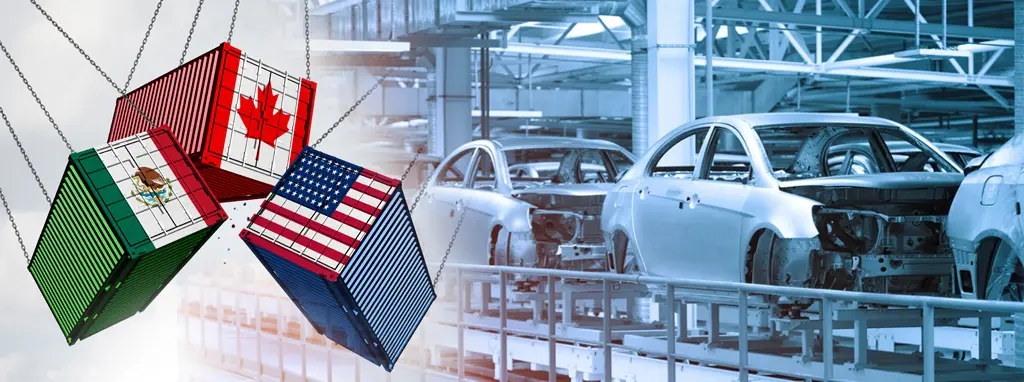
Mexican Automotive Supply Chain
Mexico’s automotive supply chain has become increasingly robust, supported by decades of integration with the U.S. and the strategic benefits of the USMCA. The updated trade agreement introduced a higher Regional Value Content (RVC) threshold—75% for vehicles and core components—encouraging manufacturers to relocate operations to Mexico to meet compliance. This, along with trade friction between the U.S. and China, rising shipping costs, and the need for more resilient logistics, has accelerated the nearshoring of auto part production.
As a result, Mexico now supplies over 42% of all U.S. auto part imports , with components such as wiring harnesses, braking systems, engines, and electronics leading the way. To better understand Mexico’s position in the global market, here’s how it compares with other top auto parts exporting countries by value.
Top Global Auto Parts Exporters in 2023
| Rank | Country | Export Value (USD) | Global Share |
| 1 | Germany | $66.5 billion | 14.6% |
| 2 | Mainland China | $53.3 billion | 11.7% |
| 3 | United States | $47.5 billion | 10.5% |
| 4 | Mexico | $40.5 billion | 8.9% |
| 5 | Japan | $27.2 billion | 6.0% |
| 6 | South Korea | $19.4 billion | 4.3% |
| 7 | Poland | $18.0 billion | 4.0% |
| 8 | Czech Republic | $16.9 billion | 3.7% |
| 9 | Italy | $16.3 billion | 3.6% |
| 10 | France | $14.8 billion | 3.3% |
Automotive Manufacturing Clusters in Mexico
Mexico’s automotive industry is strategically distributed across several states, each contributing unique strengths in vehicle assembly, parts production, logistics, and labor development. These clusters are supported by training programs, industrial infrastructure, and government incentives aimed at strengthening regional competitiveness.
- Guanajuato – As one of Mexico’s most developed automotive hubs, Guanajuato hosts over 420 manufacturing companies and 47 industrial parks, concentrated in cities like Silao, Celaya, León, and Irapuato. Major OEMs such as Mazda, Toyota, Honda, and GM operate here. The state is also home to the CLAUGTO cluster, which connects companies with academic institutions to foster R&D, workforce development, and technological innovation.
- Coahuila – A top producer of vehicles, Coahuila is anchored by GM and Chrysler and benefits from a robust network of Tier 1 and Tier 2 suppliers. The CIAC cluster (Clúster de la Industria Automotriz de Coahuila) plays an active role in coordinating training initiatives and innovation programs in partnership with local universities.
- Nuevo León – Known for its strong industrial base, Nuevo León specializes in auto parts manufacturing and heavy vehicle assembly. It is also becoming a key destination for electric vehicle investments and battery production. The CLAUT cluster in Monterrey brings together manufacturers, academia, and government to address talent development and technological advancement.
- Chihuahua – With a well-established electronics and wire harness manufacturing base, Chihuahua is home to many suppliers serving U.S.-based OEMs. The AutoCluster Chihuahua facilitates industry collaboration and provides certification and technical training programs tailored to the needs of global manufacturers.
- San Luis Potosí – The state houses BMW’s electric vehicle plant, which is a benchmark for advanced and sustainable manufacturing. San Luis Potosí also features a dense concentration of Tier 1 and Tier 2 suppliers, and its automotive cluster is known for fostering quality certifications and supplier development programs.
- Aguascalientes – A long-standing hub for Nissan’s operations, Aguascalientes benefits from a deeply integrated regional network of suppliers. The state focuses on automation and digital transformation in production and actively collaborates with educational institutions to prepare specialized technical talent.
- Sonora and Tamaulipas – These border states offer strategic logistical advantages for exports to the U.S. and support just-in-time delivery models. Tamaulipas hosts OEM suppliers for both light and heavy vehicles, while Sonora is emerging as a site for EV-related investments.
- Querétaro, Puebla, and Jalisco –
- Querétaro specializes in precision parts, sensors, and electronics, and is supported by its dynamic automotive cluster focused on innovation and engineering.
- Puebla is home to Volkswagen’s major facility and a large ecosystem of parts manufacturers.
- Jalisco, with its blend of electronics and automotive capabilities, is evolving as a hub for smart mobility and digital automotive solutions.
These regional clusters form the backbone of Mexico’s global competitiveness in the automotive sector, each contributing distinct capabilities that serve both conventional and future vehicle platforms.
Auto Parts Manufacturing in Mexico
Mexico's auto parts manufacturing sector is both diverse and highly integrated into global supply chains, supporting a wide range of vehicles assembled both domestically and abroad. The country’s supplier network delivers critical components for internal combustion, hybrid, and electric vehicles, catering to OEMs in North America, Europe, and Asia.
Some of the main products manufactured include wiring harnesses, cables, and die-cut parts for car bodies; seats and seat components; gearboxes and transmission parts; brake mechanisms and advanced braking systems; and internal combustion engines. Mexico is also a key producer of lighting systems, visual signaling devices, and steel and aluminum components.
In recent years, production has expanded to include electronic control units, navigation systems, automotive audio equipment, and infotainment systems, reflecting the industry's growing focus on high-tech integration. With the shift toward electric vehicles (EVs), Mexico has also increased output of battery modules, thermal management systems, and plastic-overmolded engine and battery cooling components.
This evolving portfolio positions Mexico as a competitive hub for traditional auto parts and next-generation vehicle technologies, supporting both light and heavy-duty vehicle platforms.
Which Automakers Manufacture in Mexico?
Several global automakers operate in Mexico. Below are key manufacturers and their regional locations:
Audi – Puebla
BMW – San Luis Potosí
Fiat – Toluca
Honda – Guanajuato, Jalisco
Kia – Nuevo León
Mazda – Guanajuato
Nissan – Aguascalientes, Morelos
Volkswagen – Puebla
These OEMs are supported by hundreds of Tier 1 and Tier 2 suppliers, forming one of the most efficient and resilient automotive ecosystems in the Americas.
As companies worldwide continue to look for ways to reduce risk, improve logistics, and evolve to meet the demands of this new era, Mexico continues to grow and consolidate regional supply chains, offering a variety of benefits in the automotive industry. Don’t hesitate to contact us if you would like to learn more about how starting up manufacturing services in Mexico can help your business grow. For further insights, check out our blog on the growing trend of factories moving to Mexico and what it means for your business.
